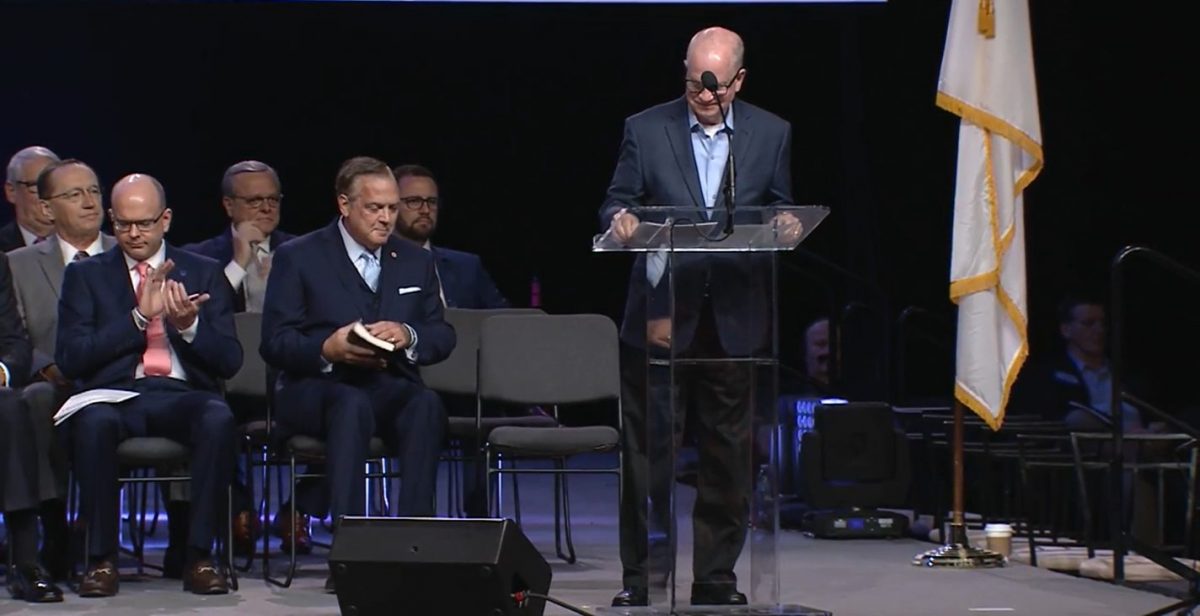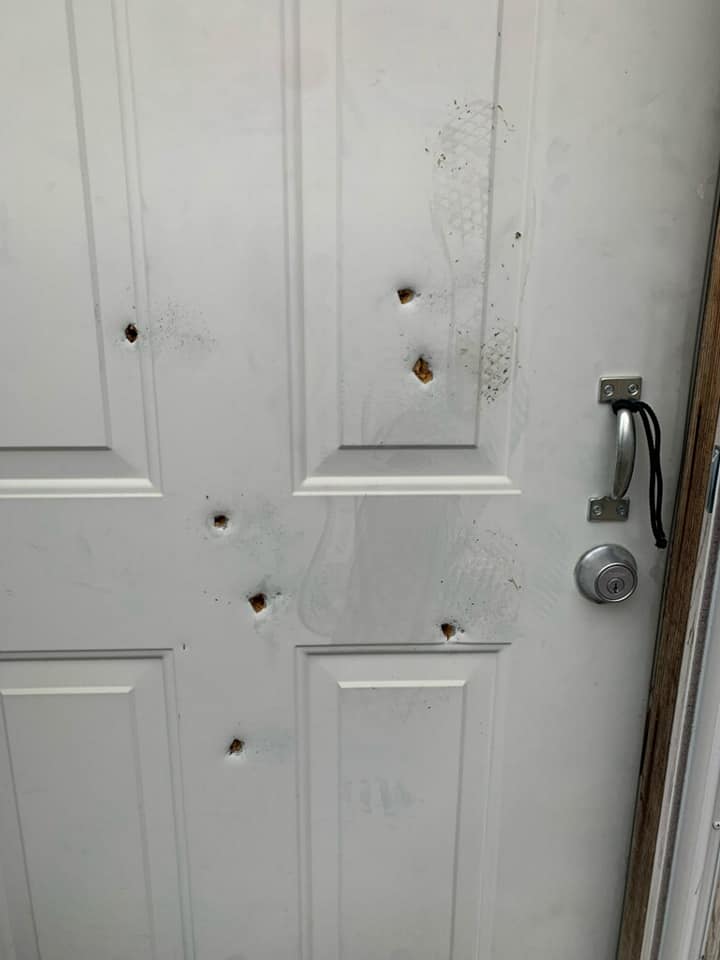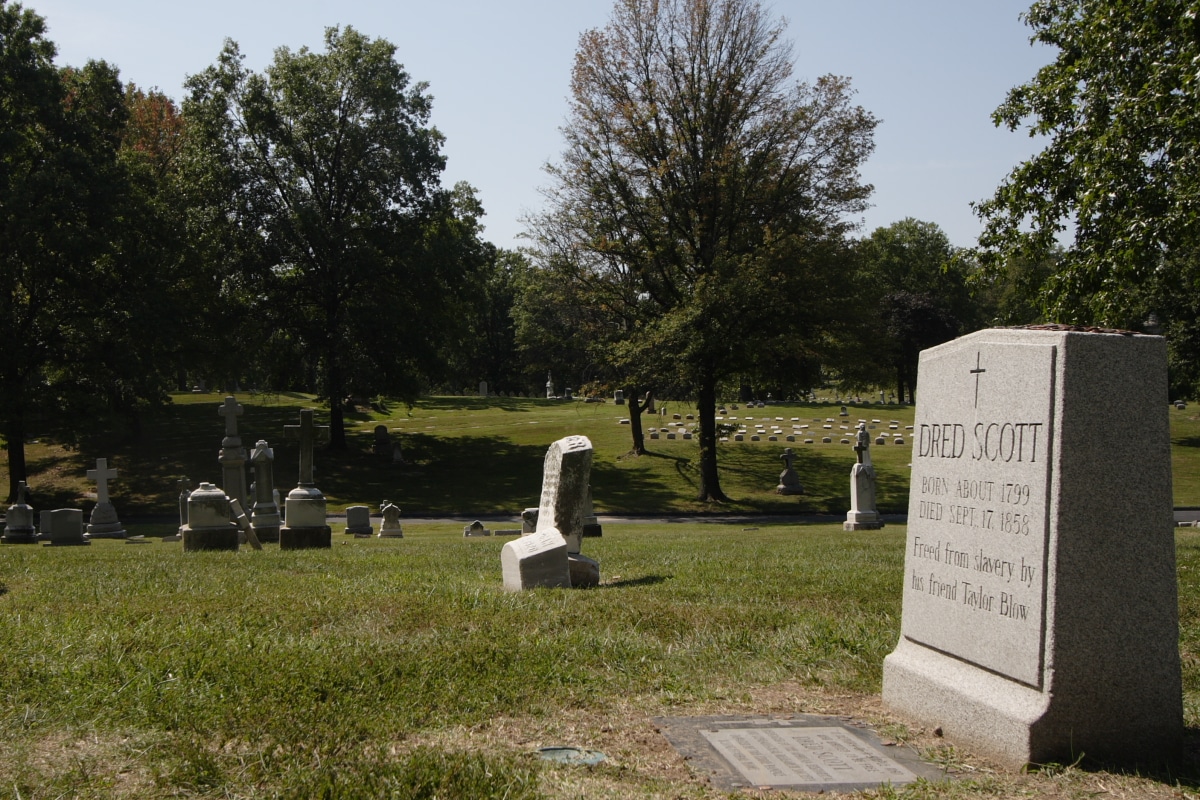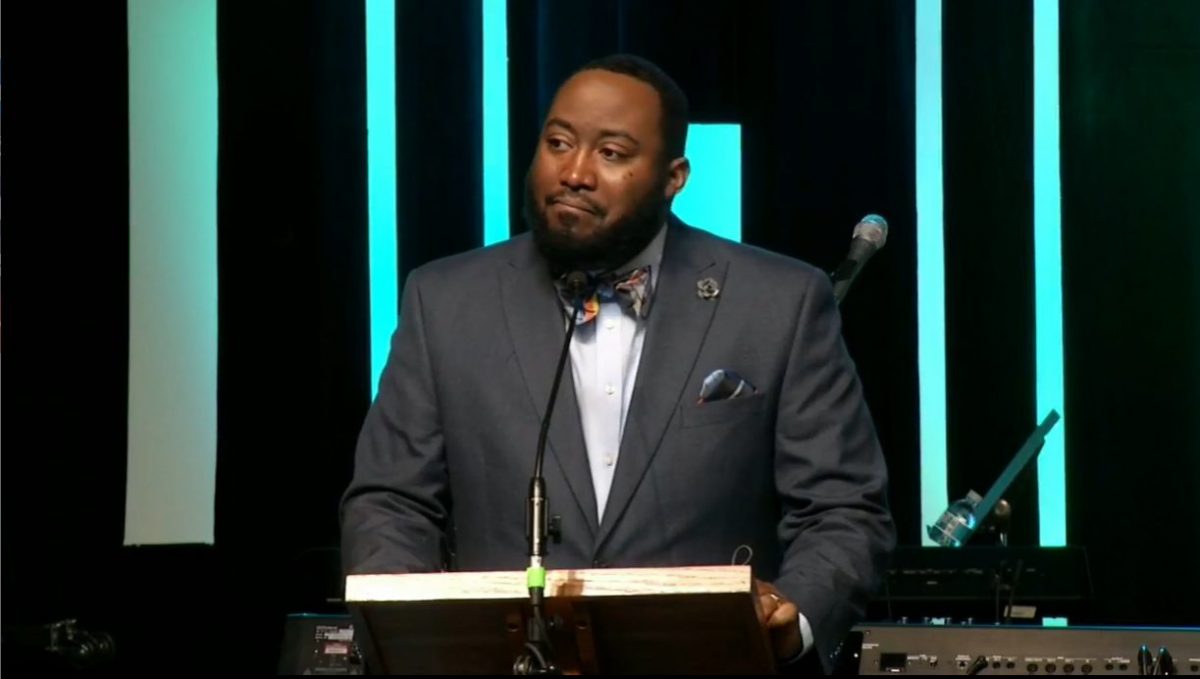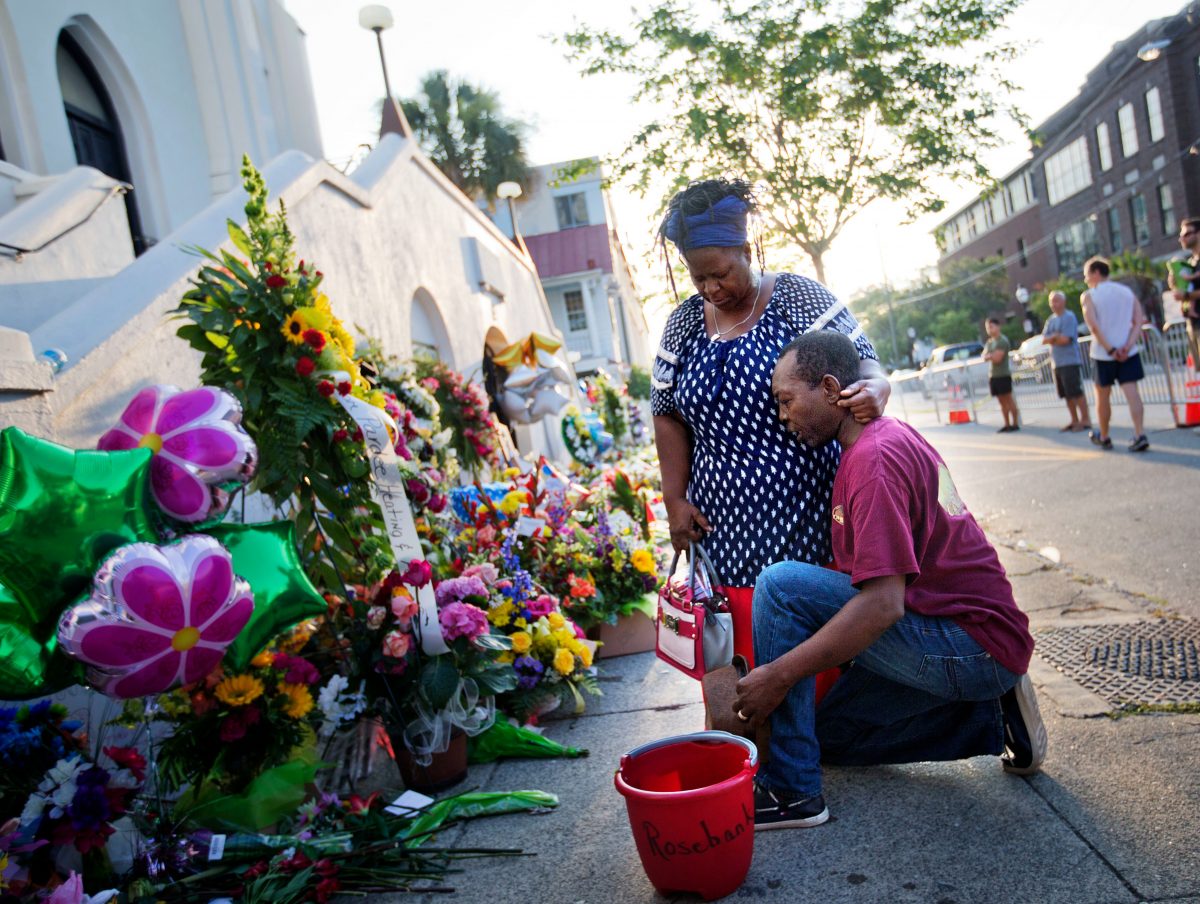SBC Seminary Presidents Denounce Critical Race Theory
All six presidents of Southern Baptist Convention seminaries signed a joint statement released Monday denouncing Critical Race Theory. The statement purports to add to the SBC’s confessional document, adding yet another doctrinal layer for affirmation at the schools.

